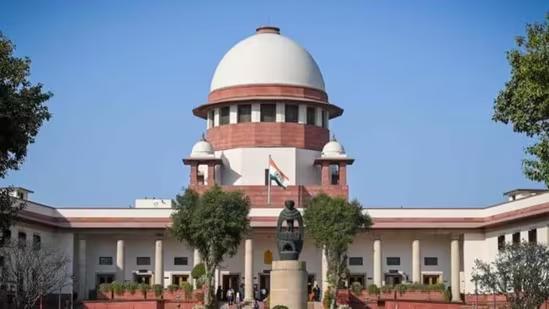
Court can’t grant assent to bills, only Guv & Prez can: Maha to SC
In a significant development, the Maharashtra government has argued in the Supreme Court that courts cannot accord assent to bills and only the Governor and President have the power to do so. This assertion was made by Senior Advocate Harish Salve, representing the Maharashtra government, during the hearing of the presidential reference on whether the court could impose timelines for the Governor and President to deal with bills passed by state Assemblies.
The presidential reference was filed by the Centre, seeking the court’s guidance on whether the Governor and President can be directed to take a decision on bills passed by state Assemblies within a specific timeframe. The Centre argued that the court’s intervention is necessary to address the delays and logjams often faced by bills passed by state Assemblies.
However, the Maharashtra government, represented by Harish Salve, countered the Centre’s argument, stating that the courts do not have the power to accord assent to bills. According to Salve, the Governor and President are the constitutional authorities responsible for granting assent to bills, and the court cannot usurp this power.
Salve’s argument is based on the Constitution’s provisions, which clearly specify the role of the Governor and President in the legislative process. Article 114 of the Constitution states that the President shall assent to bills passed by both Houses of Parliament, while Article 200 states that the Governor shall assent to bills passed by the state legislature.
The Maharashtra government’s stance is significant, as it highlights the delicate balance between the powers of the judiciary, the executive, and the legislature. While the courts have the power to interpret the Constitution and ensure that the government acts within its constitutional limitations, it is essential to respect the constitutional boundaries and avoid encroaching on the powers of other branches of government.
In this context, the Maharashtra government’s argument is that the court’s role is limited to interpreting the Constitution and ensuring that the government acts within its powers, but it cannot usurp the powers of the Governor and President in granting assent to bills. This view is supported by the Supreme Court’s previous judgments, which have reiterated the importance of maintaining the separation of powers and the need for each branch of government to respect the constitutional boundaries of the others.
For instance, in the landmark judgment of S.P. Sampath Kumar vs. Union of India, the Supreme Court held that the court’s role is limited to interpreting the Constitution and ensuring that the government acts within its powers, but it cannot usurp the powers of the legislature or the executive. The court emphasized that the separation of powers is essential to maintain the balance of power and prevent any one branch of government from becoming all-powerful.
The Maharashtra government’s argument is also supported by the Constitution’s provisions, which clearly specify the role of the Governor and President in the legislative process. The Constitution empowers the Governor and President to assent to bills, but it does not confer on the courts the power to do so.
In conclusion, the Maharashtra government’s argument that courts cannot accord assent to bills and only the Governor and President have the power to do so is a significant development in the ongoing presidential reference. The argument is based on the Constitution’s provisions and the Supreme Court’s previous judgments, which emphasize the importance of maintaining the separation of powers and respecting the constitutional boundaries of each branch of government.






